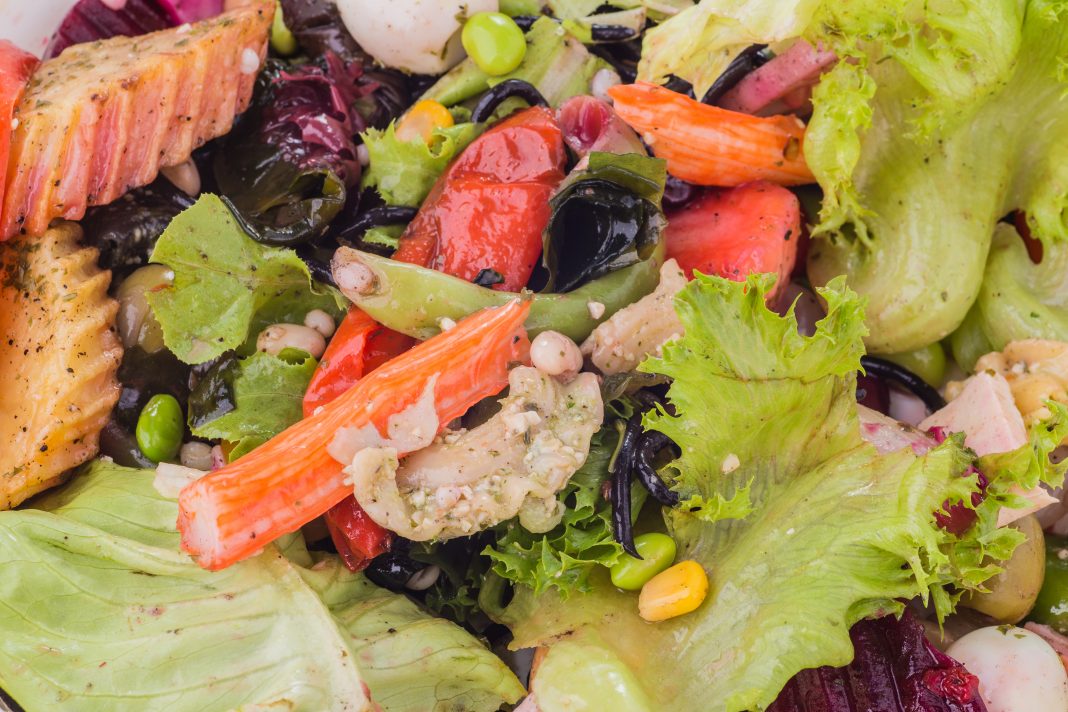Environment Secretary Michael Gove invites organisations to apply for the second round of more than £6 million funding under government’s scheme to cut food waste
The fund will improve how charities and other organisations handle and distribute leftover food by investing in infrastructure such as weighing equipment, storage solutions, warehouses, industrial freezers and fridges, labelling equipment and vehicles.
This comes as Food Waste Champion Ben Elliot hosted more than 300 major players from the food industry today at London’s prestigious Victoria and Albert Museum, where businesses including Nestlé, Tesco, Sainsbury’s, and Waitrose signed a pledge to take tough action on food waste – including halving food waste by 2030.
The Environment Secretary also unveiled new figures today which show redistribution of surplus food in the UK has almost doubled in the last three years, with enough food saved to produce the equivalent of 133 million meals a year.
Environment Secretary Michael Gove said: “I want to thank our Food Surplus and Waste Champion Ben Elliot for bringing together the biggest players from the world of food today to ‘Step up to the Plate’ and slash food waste.
“Every year, millions of tonnes of good, nutritious food is thrown away.
“Today I am opening the second round of funding to help organisations ensure that food is not thrown away, but goes to those most in need.
“Together we can deliver real change to stop good food going to waste.”
From today, redistribution organisations in England will be able to bid into a £6 million pot to help them overcome the financial barrier to redistributing surplus food which is currently going to waste but which could be redistributed.
It’s the second round of a £15 million scheme announced last year by the Environment Secretary to specifically address surplus food from retail and manufacturing.
The food waste symposium runs alongside the V&A’s FOOD: Bigger than the Plate exhibition, which will explore similar themes when it opens to the public on Saturday 18 May.
Currently, around 55,000 tonnes of surplus food is redistributed from retailers and food manufacturers every year. It is estimated a further 100,000 tonnes of food – equating to 250 million meals a year – is edible and readily available but goes uneaten. Instead, this food is currently sent away for generating energy from waste, anaerobic digestion, or animal feed.
The government is committed to being a global leader in tackling food waste. The government’s £15 million scheme to tackle food waste builds on its landmark Resources and Waste Strategy, which sets out how the government will introduce annual reporting of food surplus and waste by food businesses. Should progress be insufficient, we will consult on seeking legal powers to introduce mandatory targets for food waste prevention.
The Resources and Waste Strategy also sets out how the government will ensure weekly collections of food waste, which is often smelly and unpleasant, for every household – restoring weekly collections in some local authorities, subject to consultation.
The government is committed to supporting the United Nation’s Sustainable Development Goal 2 to end hunger by 2030.
The Secretary of State delivered a speech on tackling food waste at the V&A museum.











